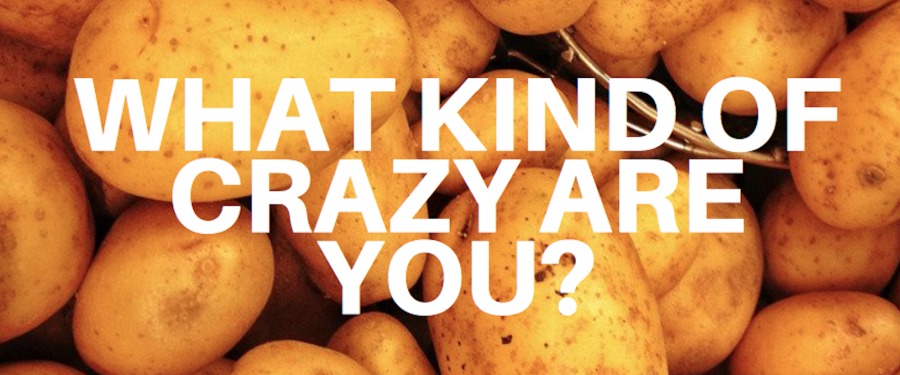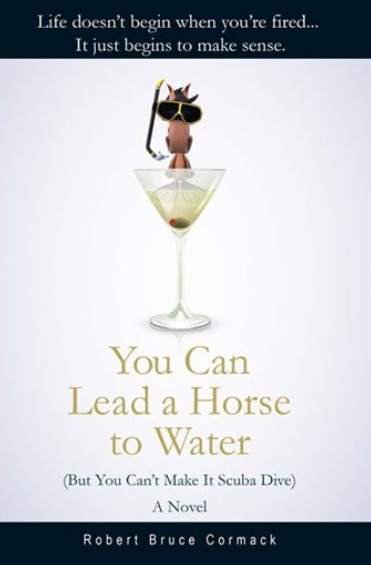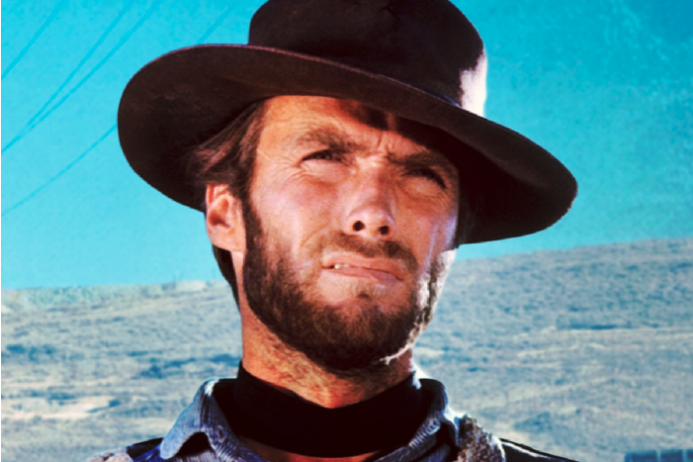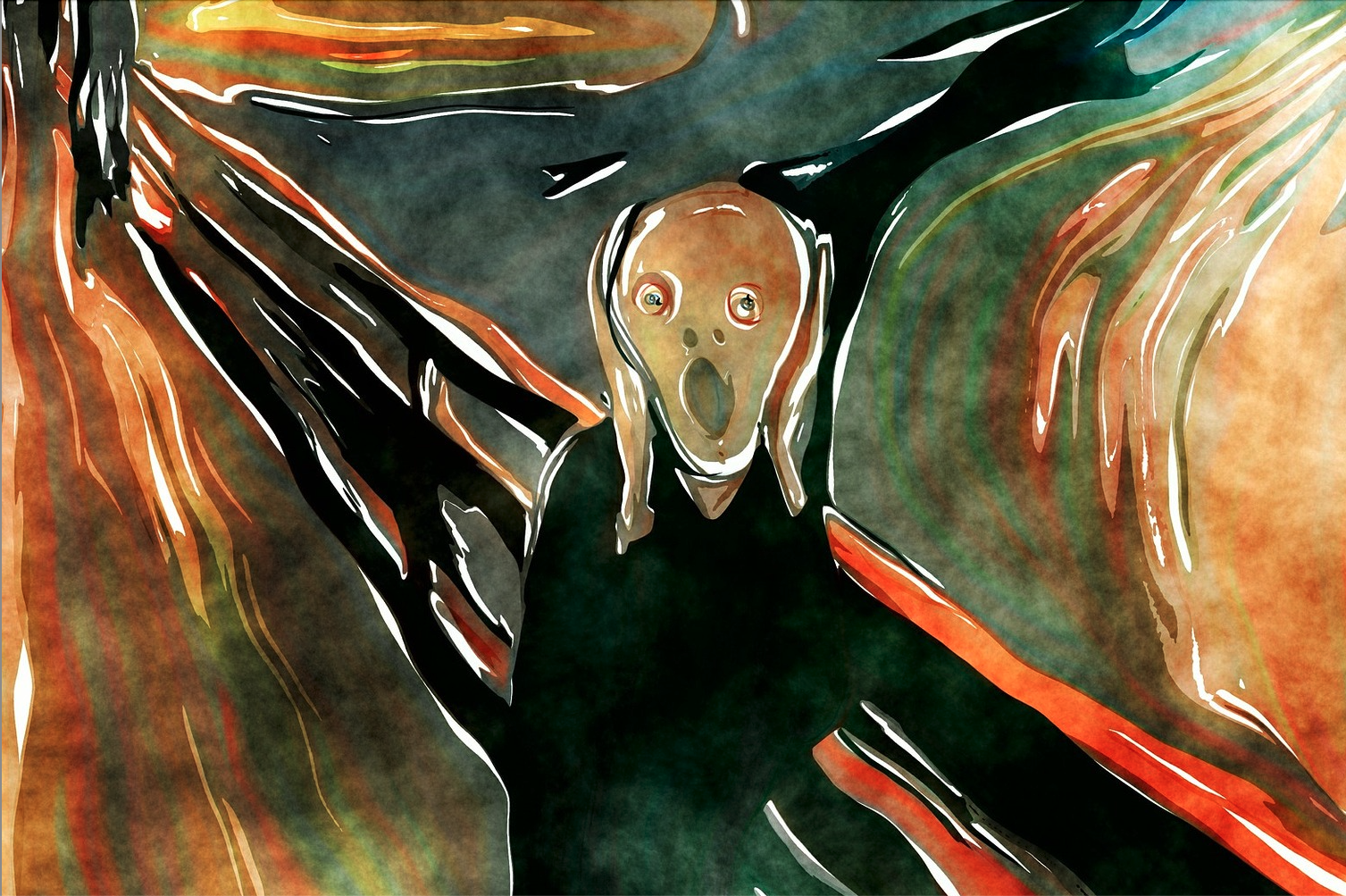What Potato Are You?
Bill Maher goes after Stan Lee, we spend fifteen minutes figuring out what potato we are. What’s the difference? None whatsoever.

“The Internet is just the world passing around notes in a classroom,” Jon Stewart
I had to laugh the other night. Bill Maher was talking with Ann Coulter, trying to get a word in edgewise. Ann was telling him there’s no problem with Russia. Our fixation with the President of the United States being in cahoots with Putin is moot. If we really want to go after Trump, stick to the facts. He can’t get a wall built. That’s his failed legacy.
Well, you really can’t get Coulter off the stage fast enough. As soon as Maher did, it was on to more pressing issues, one being Stan Lee. Maher summed it up by saying, yeah, sure, Stan Lee was a genius, but comic books aren’t exactly literature. It’s escapism, fantasy, the same kind of fantasy that has people “adulting” because they’re now eating vegetables. I was given creamed carrots as baby food. I guess I was “adulting” at six months old.
Anyway, the backlash was swift. The Marvel people sent Maher a note saying people laughed at Stan Lee the way they used to laugh at Melville and Shakespeare. Nobody laughed at Melville or Shakespeare. “Moby Dick” was a profound book, and a disturbing one if you liked whales.
He [Shakespeare] used drama to teach people about the world, including the fact than many princes and kings were batshit crazy.
Shakespeare made people laugh, cry and sometimes shit their pants. Often he used Raphael Holinshed’s Chronicles, a large comprehensive history of Britain. Considering less than one percent of the population could read, Shakespeare was the greatest educator of all time. He used drama to teach people about the world, including the fact than many princes, kings and queens were batshit crazy.
One person wrote on Quora that Stan Lee gave us a form of super reality. “I read comics because it makes me believe that anything is possible,” he explained. “You can be a superhero and save people.”
How many people do you save reading comics in your forties? And so what if comics allowed you to “escape bullies in your youth.” You’re still escaping bullies. They’re called every powerful influence that’s turned our world into a junk bucket.
We have no sense of reality, we spend what we don’t have, we think politicians are our fucking parents.
You can’t be a hero reading comics, any more than you can understand the world by “adulting” or finding out what potato you are. The truth is, we have no sense of reality. We spend what we don’t have, we think politicians are our parents, and we’re pretty sure our climate isn’t fucked (’cause, like, why would the government let it happen, right?).
If we spent more time truly learning, we’d know better, but we don’t. Only six percent of Americans read more than 50 books a year. Most spend less than nineteen minutes a day reading. The number drops to eight minutes for 25–30 year olds.
I’m sure many would dispute this, seeing as there’s all sorts of reading going on, including what kind of potato we are. That’s reading, isn’t it? Same with comic books. The have some pretty big words like Shazam! and “It’s clobberin’ time, and “by the Hoary Hordes of Hoggoth.”
Stan Lee wasn’t advocating we all become superheroes. He wanted us to imagine.
If I have a criticism of Bill Maher, it’s that he stopped short. For all the hours people have devoted to comic books, they missed the main message. Stan Lee wasn’t advocating we all become superheroes. He wanted us to imagine. Same with Gene Roddenberry. To “go where no man has gone before” was to expand our thinking. Lee even said in one interview that he hoped his work imparted one notion: “That our imaginations are limitless.”
That’s if we use them, which we don’t. We fantasize, and pretty soon we believe other people’s fantasies. Like building a wall will keep out unseemly characters. Not only hasn’t this been proven, it’s been disproven (by every level of border security.) A wall won’t keep a chicken out of this country.
Chickens aren’t very smart, but neither are thirty-four percent of Republicans (including Ann Coulter). America has 330 ports of entry with Mexico. Improve drug detection and the number of immigration judges and you might have something. Walls are just places to throw chickens over.
Trump, and most world leaders are Captain Ahabs, relentless pursuers of gain. Eventually, they’ll all end up drowning. Fuck Ahab, he deserved it.
Which brings me back to Melville. “Moby Dick” described how nature only takes being fucked over for so long. Then it fights back. That’s what we’re seeing now with hurricanes, forest fires and rising sea levels. Trump, and most world leaders are Captain Ahabs, relentless pursuers of gain. Eventually, they’ll all end up drowning. Fuck Ahab, he deserved it.
And then there’s us, remaining ignorant — not because we have to be ignorant — but because we’re all Ahabs in a way. We search out the comic book stores, we find out what potato we are, we trust corporate fantasists.
Jack Ma, of Alibaba, was interviewed and asked what we need to do, given the rise of AI. “We need to train ourselves in things AI can’t do,” he said. He listed off art, music, sports, writing. “These are soft attributes,” he said,” but no artificial intelligence will succeed in these areas.”
We’re trained to accept what is, instead of what could be.
When Boards of Education talk about introducing more coding in schools, they show complete ignorance. Their world of doing everything by rote will cause the greatest problems in the future (if they haven’t already).
Habitual repetition, not questioning — these are the “fortress of habits.” They keep us in front of the television and the computer and the comic book. We’re trained to accept what is, instead of what could be.
We mourn Stan Lee’s death, not because he was a great creator of comic books, but because he was brave enough to look further. We mourn him because we’re afraid we won’t find anyone else doing the same.
We’ll fantasize we’re great french fry kings.
Until someone comes along, we’ll wait, we’ll see what kind of potato we are. We’ll fantasize we’re great french fry kings. We’ll fantasize.
Robert Cormack is a novelist, journalist and blogger. His first novel “You Can Lead a Horse to Water (But You Can’t Make It Scuba Dive)” is available online and at most major bookstores (now in paperback). Check out Yucca Publishing or Skyhorse Press for more details.

""
Articles from Robert Cormack
View blog
The Clint Eastwood School of Writing. · “Hard writing makes easy reading. Easy writing makes hard re ...

Fuck. · “I thought about reading a poem by Shakespeare, but then I thought, why should I? He never r ...

Why I screamed and upset the dog. · “We’ll never get rid of crazy people.” Michael Moore · I wish I ...
You may be interested in these jobs
-
store manager
Found in: Talent CA 2 C2 - 1 day ago
Schalom Enterprises Ltd. Brooks, CanadaEducation: Bachelor's degree · Experience: 1 year to less than 2 years · Work setting · Rural area · Gas bar · Retail business · Tasks · Manage staff and assign duties · Determine merchandise and services to be sold · Implement price and credits policies · Locate, select and proc ...
-
car mechanic
Found in: Talent CA 2 C2 - 2 days ago
EXPRESS FINE AUTO WORKS INC. Mississauga, CanadaEducation: · Expérience: · Education · Secondary (high) school graduation certificate · Tasks · Inspect and test mechanical units to locate faults and malfunctions · Repair or replace mechanical units or components · Test and adjust units to specifications · Complete reports to ...
-
RAMS Group Manager 1
Found in: Talent CA C2 - 1 week ago
Alstom Saint-Bruno, CanadaAt Alstom, we understand transport networks and what moves people. From high-speed trains, metros, monorails, and trams, to turnkey systems, services, infrastructure, signaling and digital mobility, we offer our diverse customers the broadest portfolio in the industry. Every day, ...



Comments